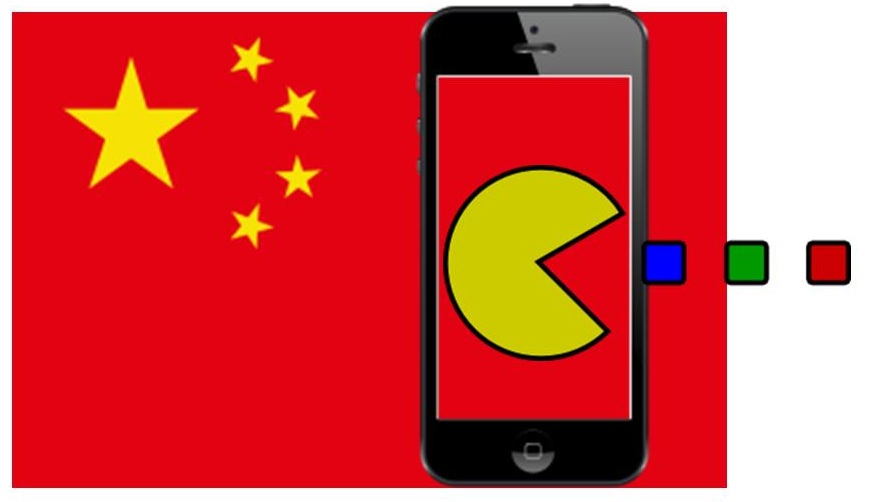eBay rebrands division to focus on mobile commerce
Two years after acquiring GSI Commerce, eBay has rebranded this unit as eBay Enterprise. This division is not one of the company’s three main business units and will be responsible for enterprise commerce solutions for brands and retailers. For the past two years, GSI Commerce has been working to create and develop online shopping sites and boasted of more than 1,000 clients worldwide before the eBay acquisition. Now, as a division of eBay, GSI Commerce will be responsible for promoting new initiatives, such as those in the mobile commerce space.
Company continues to show strong interest in mobile space
The interest that eBay has in mobile commerce dwarfs that coming from other companies. The company has devoted a great deal of its resources to promoting mobile commerce around the world and has done exceptionally well in this endeavor thanks to the backing of its subsidiary PayPal. The new eBay Enterprise will continue this work, but will be primarily focused on retailers and brands that are interested in engaging mobile consumers.
 eBay Enterprise brings a more acute focus to company initiatives
eBay Enterprise brings a more acute focus to company initiatives
With eBay Enterprise taking a more focused approach to the matter of mobile commerce, eBay may be able to make strong progress in this field. For the past few years, eBay’s focus on mobile commerce has been somewhat expansive. A more acute focus may help the company appeal more effectively to retailers and brands in particular markets rather than working to appeal to everyone everywhere.
eBay expects strong gains in mobile commerce by year’s end
The rebranding of GSI Commerce has provided eBay with some confidence concerning the results it expects to see this year n the realm of mobile commerce. According to eBay Enterprise, more than 30 eBay Commerce clients will have mobile commerce services available in their stores by the end of the year. PayPal is also expected to see strong gains in the mobile commerce field through its work with eBay Enterprise.

 Market exceeds $350 million in first quarter
Market exceeds $350 million in first quarter